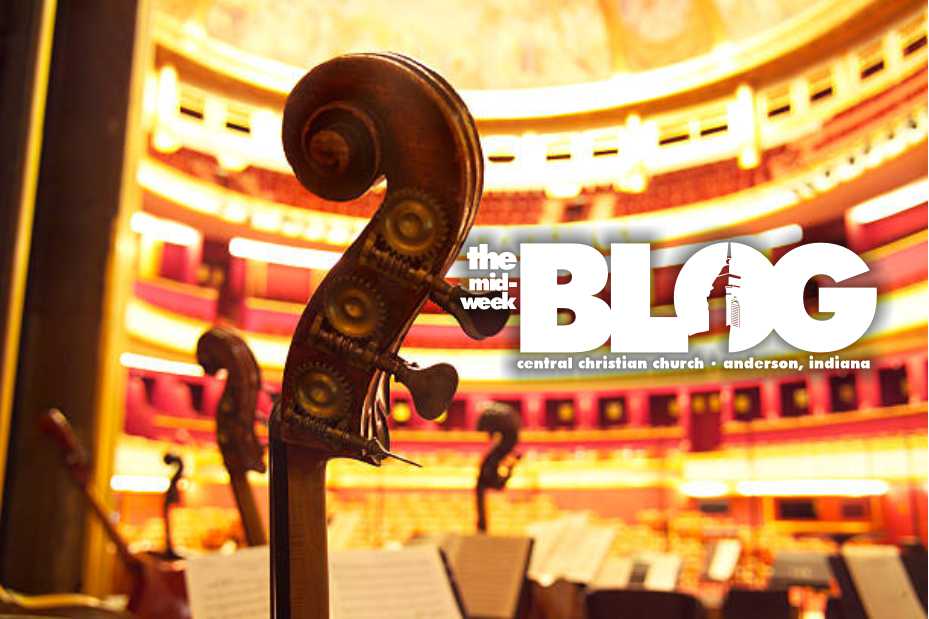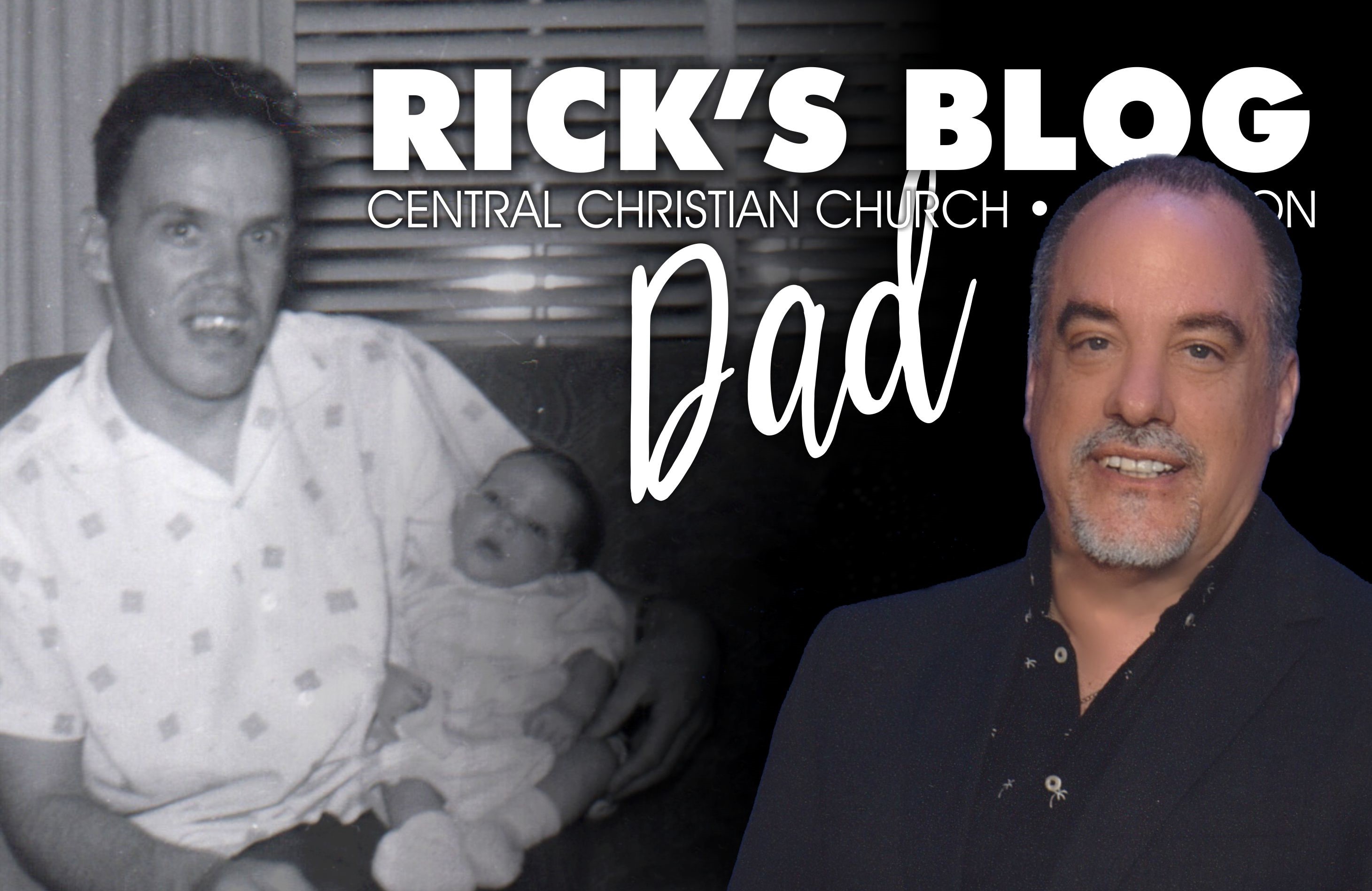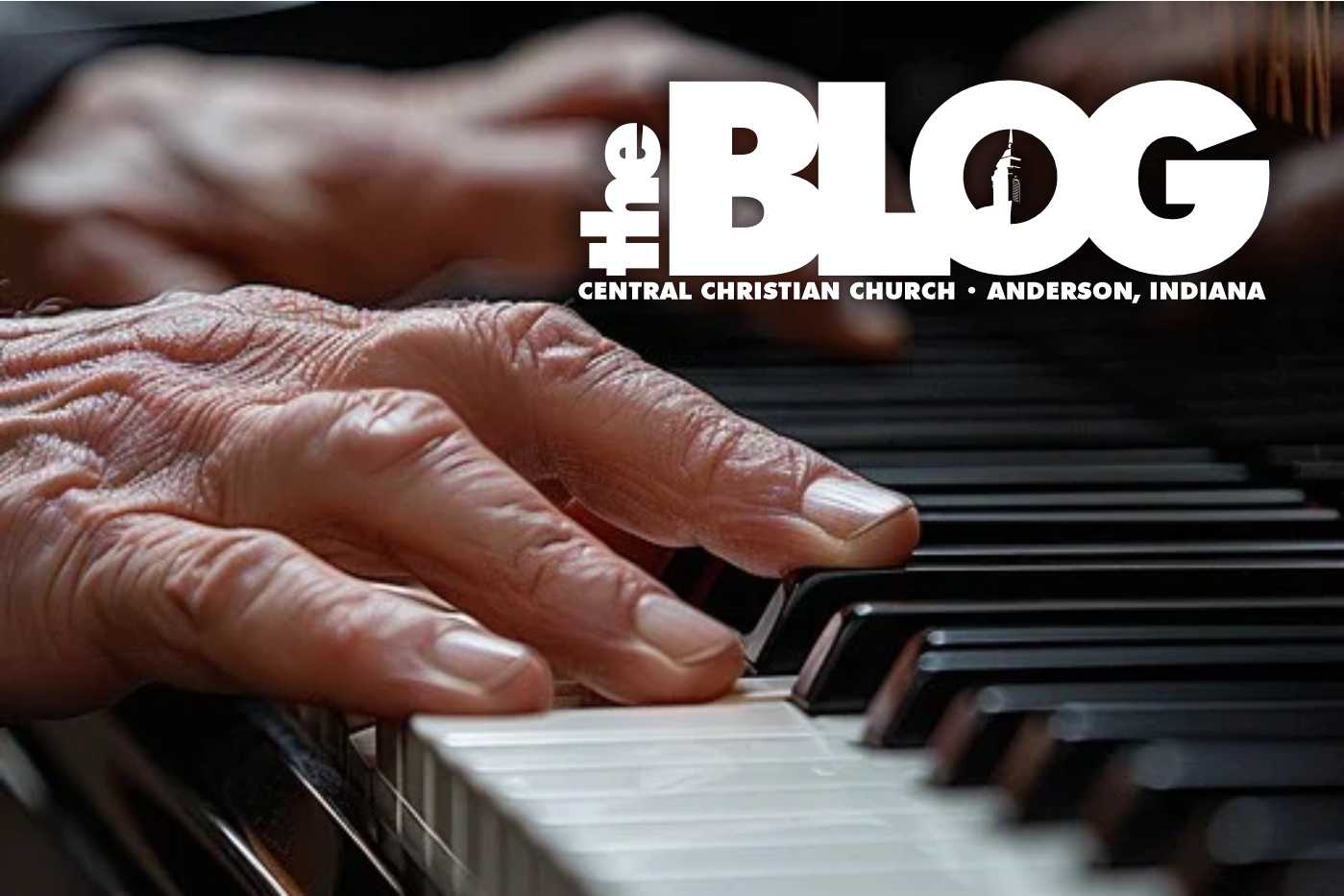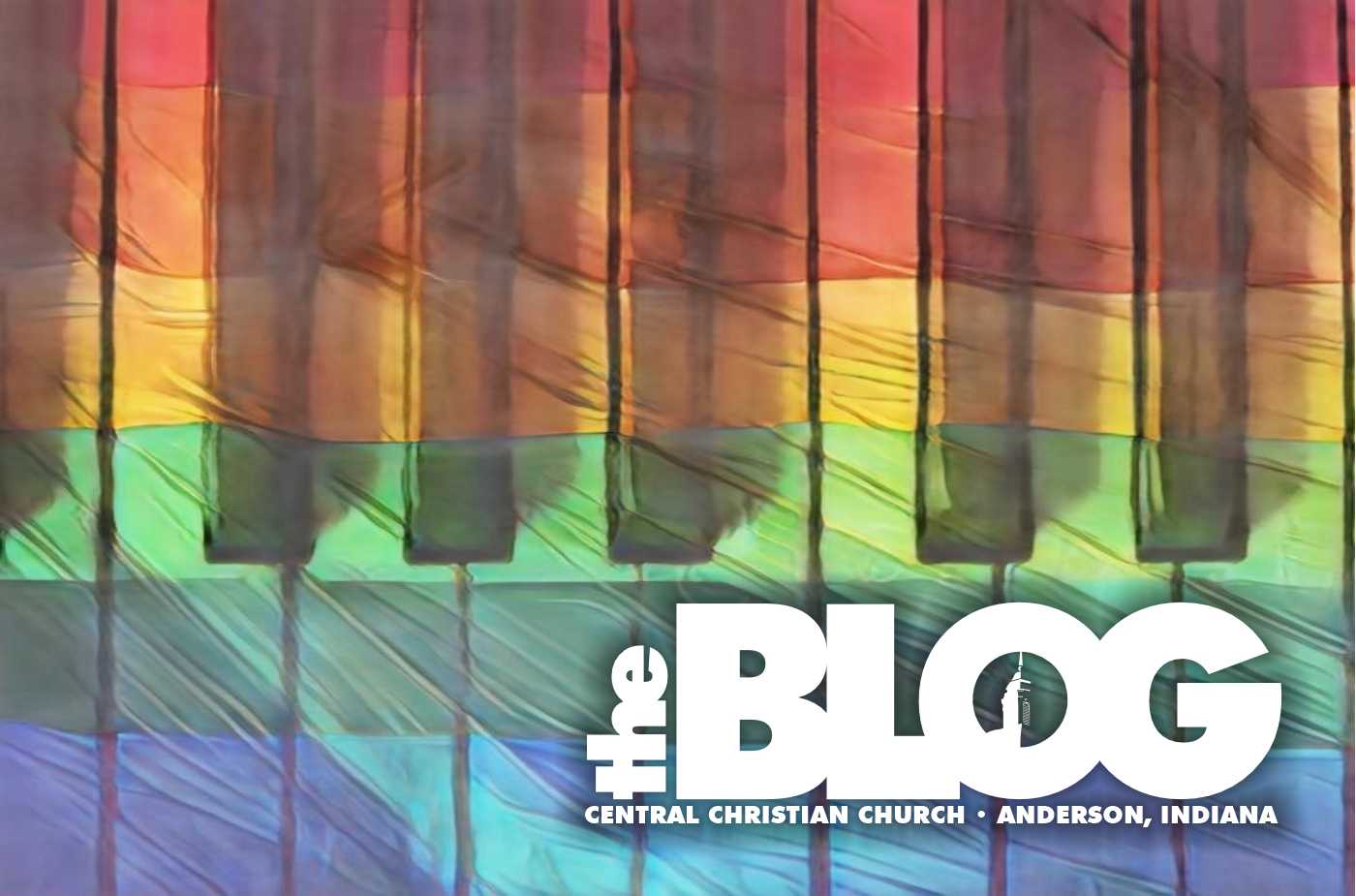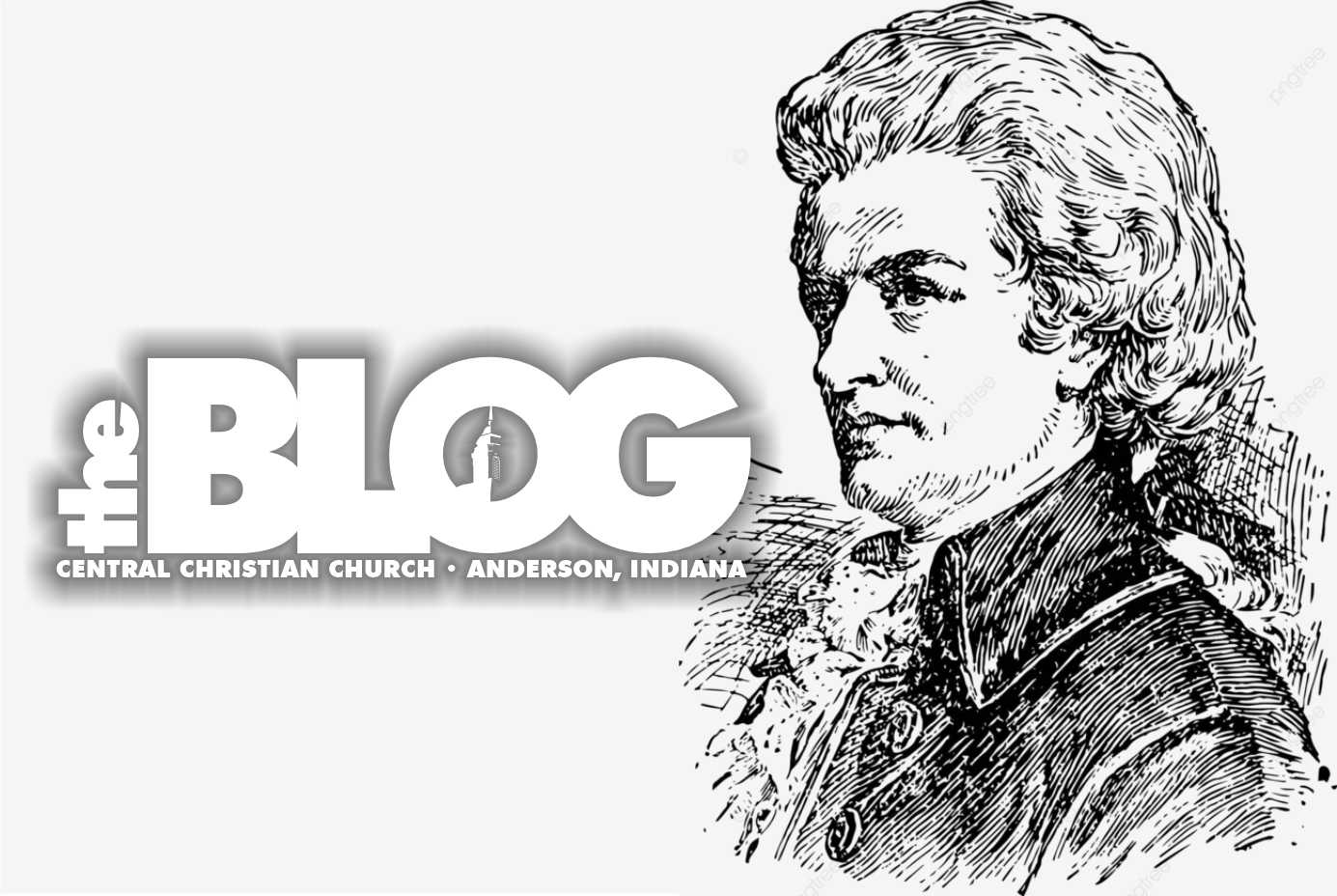
CATASTROPHE
Written By:Rick Vale
Sometimes, often, the news is devastating, shocking and altogether too familiar. We, who have lived more than a few years, are used to the fact that disasters, natural or otherwise, happen at the most unexpected times, but with regularity. Can we ever get used to it? Probably not…hopefully not.
When numbers of innocent people are involved and when children are killed, for whatever reason, there are always questions. There are always fingers pointing and blaming. There are always “Hindsight Philosophers” giving a run-down on the events leading to and causing such a thing. And, unfortunately, there are already doctrinal pundits willing to share their convictions about the sin of a state, a city or a government leader, and God’s punishment for such. It is my belief that if God’s vengeance against sin was catastrophe or attack then all of us would be killed…
…we are all sinners in the hands of a merciful God.
What about those who say that God protected some, but not others, from dying in catastrophe? How do those statements stand with the God-loving people who died? Will God love any more or less than others? Does God sit quietly by and allow catastrophe and war to kill innocent people? Why do bad things happen if God is in control?
All these questions are valid. Where is God in the catastrophe?
The Scripture tells us the perfectly created world is now broken. The Scripture tells us the world we live in has a “property manager” who has been given permission to rule over the world for a time. We are free to believe or not believe in these things. We are free to believe or not believe in God. Good things as well as bad happen to “good” and the “not so good” …not because the “not so good”/unrighteous are deserving (nor the righteous, for that matter), but because God is generous.
You have been taught to love your neighbor and hate your enemy. But I tell you this: love your enemies. Pray for those who torment you and persecute you – in so doing, you become children of your Father in heaven. He, after all, loves each of us – good and evil, kind and cruel. He causes the sun to rise and shine on evil and good alike. He causes the rain to water the fields of the righteous and the fields of the sinner. It is easy to love those who love you – even a tax collector can love those who love him. And it is easy to greet your friends – even outsiders do that. But you are called to something higher: “Be whole and mature, as your Father in heaven whole and mature.”
MATTHEW 5:43-48 (THE VOICE translation)
Good and bad happen to the good and the bad. It is called life in this age. But Jesus had even more to say about catastrophe.
…some people told Him the latest news about a group of Galilean pilgrims in Jerusalem – a group not unlike Jesus own entourage. Pilate butchered them while they were at worship, their own blood mingling with the blood of their sacrifices.
JESUS: Do you think these Galileans were somehow being singled out for their sins, that they were worse than any other Galileans, because they suffered this terrible death? Of course not. But listen, if you do not consider God’s ways and truly change, then friends, you should prepare to face His judgment and eternal death. Speaking of current events, you’ve all heard about the 18 people killed in that building accident when the tower in Siloam fell. Were they extraordinarily bad people, worse than anyone else in Jerusalem, so that they would deserve such an untimely death? Of course not. But all the buildings of Jerusalem will come crashing down on you if you don’t wake up and change direction now.
LUKE 13:1-5 (THE VOICE translation)
Jesus’ own words put things into perspective. In this latest, as well as any other catastrophe, the victims are from all walks of life. Their sacrifices had nothing to do with a judgment on their lives or the places they came from…that’s not how God works. But IF you’d like to judge someone, how about yourself, as Jesus suggests. Look to your heart and soul to make sure that when YOUR time comes your true life, the one that will outlast this body, is ready to stand before God and enter into His joy.
The God of the New Covenant, and His Son, clearly do not promote nor administer punishment in this way, neither through the vicious acts of the deranged, nor the force of nature’s wrath. God indeed mourns with those who mourn, suffers with those who suffer, and will be judge all things at the time and place that He Himself will set. He also knows the rest of the story, the larger story…the things that we don’t know.
In this age, catastrophe happens. God is not a casual observer of such things, but it IS the price He pays for giving us our freedom, and it is the price we pay for living in a world that is corrupted by imperfection and sin. When pain strikes, make no mistake, God is there to heal, to bind, to free, to counsel, and to love.
Storms will come, floods will come…but Jesus is in the boat with us, He knows our bodies don’t define “life” …and He will see us through to the other side…however and whenever we get there.


